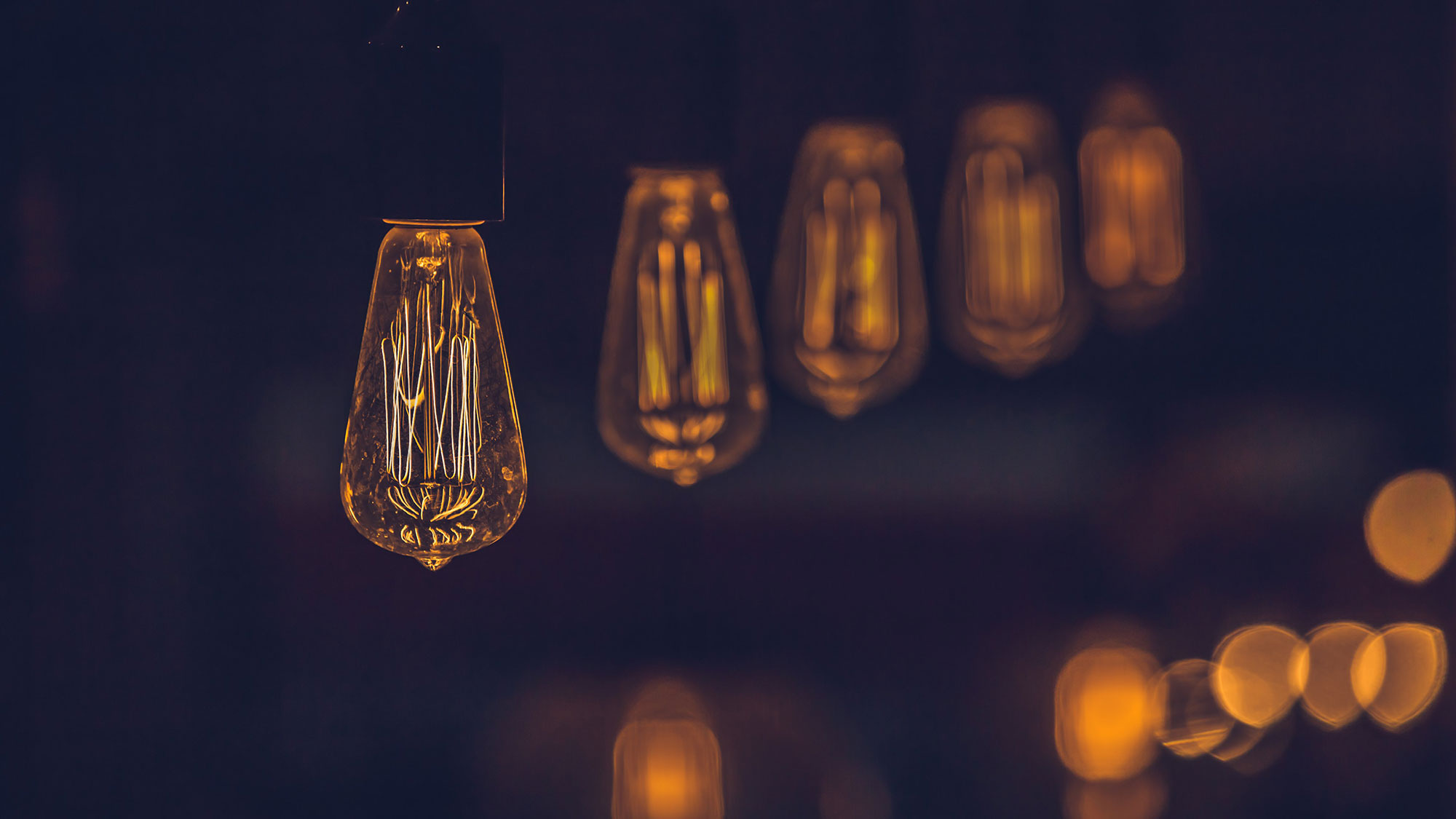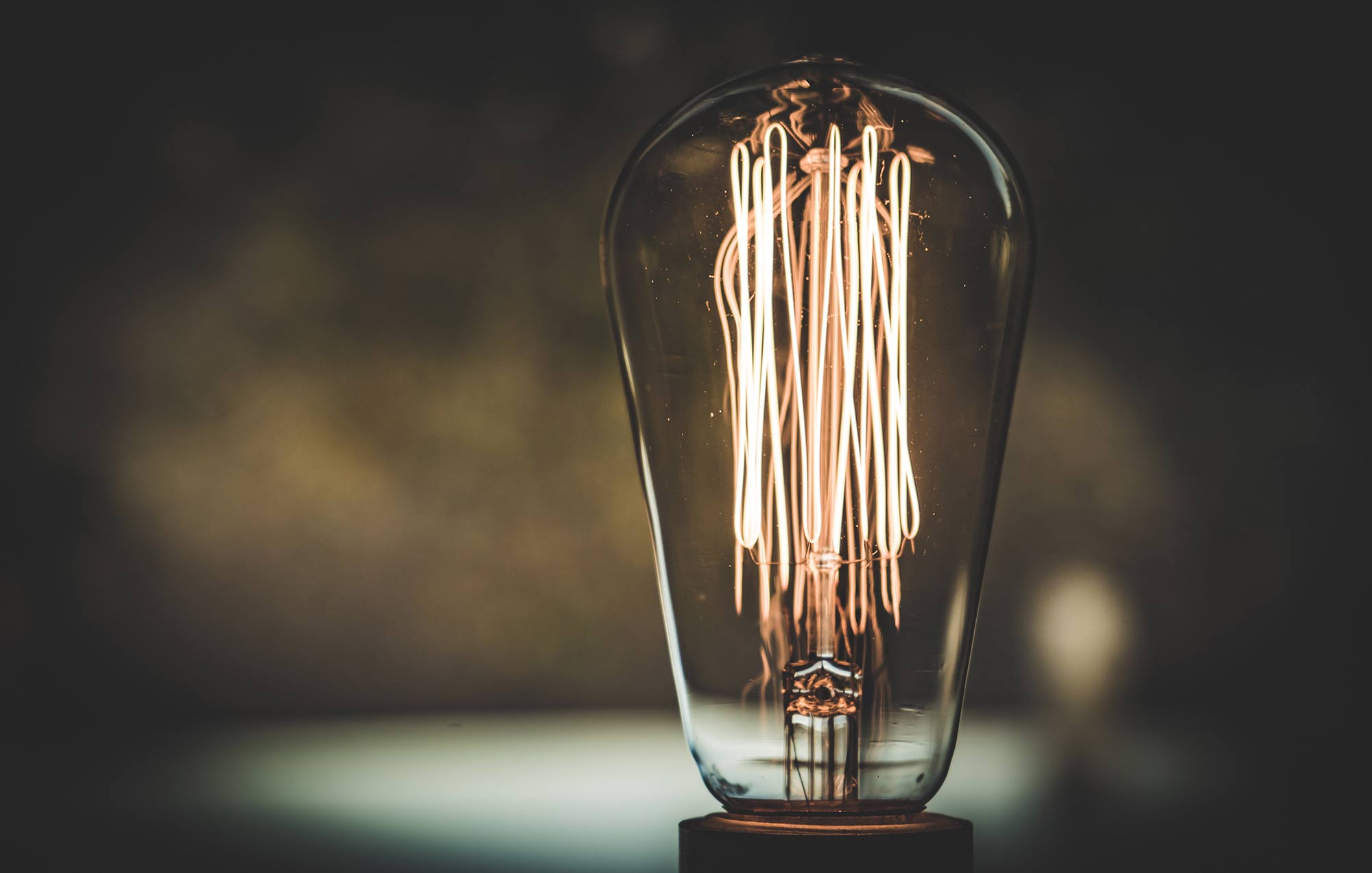Living in the Lower Mainland gives us the advantage of not needing to be overly concerned about some of the things that the rest of the province deals with every winter. For example, some of us don’t own snow shovels or ice melt or have to worry about installing block heaters in our vehicles to plug in our cars overnight to ensure they start the following day. We’re quite privileged in that sense but, like the rest of the province, we do need to think about the types of lighting we have outside, especially with our rainy winters when it’s cold enough to freeze. After all, we wouldn’t want our elaborate Christmas displays to become hazards or frozen, useless lumps on the lawn, now would we? As such, we’ve gathered some common questions about outdoor lighting and provided the answers for you below. Keep reading to learn more!
How To Weatherproof Outdoor Lights
The two easiest ways to protect outdoor lighting from precipitation are to use a socket box on your extension cords and/or to use outdoor-rated extension cords and lights. You’ll also want to check the ingress protection (IP) rating on your outdoor lights as that will tell you how much moisture you can expose them to. If the weather outside is particularly frightful (atmospheric river-level rains), unplug your outdoor lights to be on the safe side. You’ll also want to avoid having decorative lights in places that are fully exposed to rain (we know, easier said than done in these parts).
In addition, using LED lights and light bulbs that are rated for outdoor use is much better than using a regular lightbulb, even if the lights will be properly protected and out of the elements. To further waterproof your outdoor lighting, install light shields and electronic cord covers. Ensure your extension cords are weather resistant or rated for wet locations and be sure that each extension cord and outdoor light runs to its own circuit box.
The Best Outdoor Lights
When it comes to finding the best lights for the outdoors, there are a few types that will work best. Halogen quartz lamps produce a lot of heat and can be quite bright, making for good outdoor lighting. They work well in low temperatures and come in different shapes, sizes, and wattages. Similarly, HID lights are good for use in cold weather because they produce little heat and lots of light so they remain efficient regardless of the temperature. However, the best outdoor bulb is an LED. LED lights produce little heat and come with various temperature ratings depending on their use. They’re also shockproof and work well in wetter climates such as Vancouver. As an added bonus, LEDs come in a variety of colours and styles to assist in any holiday decorating you might want to do.
The Outdoor Lighting Experts
Ensure your outdoor light displays are up to scratch with Empower Electric. During your winter maintenance, be sure to check your lights and outdoor sockets and be sure to give us a call if anything looks a little off. We’d be happy to help with an outdoor wiring inspection to ensure your holiday light displays look their best and are safe for use. Protect your home and your holiday spirit with Empower Electric. Contact us for any electrical questions or concerns you have.

